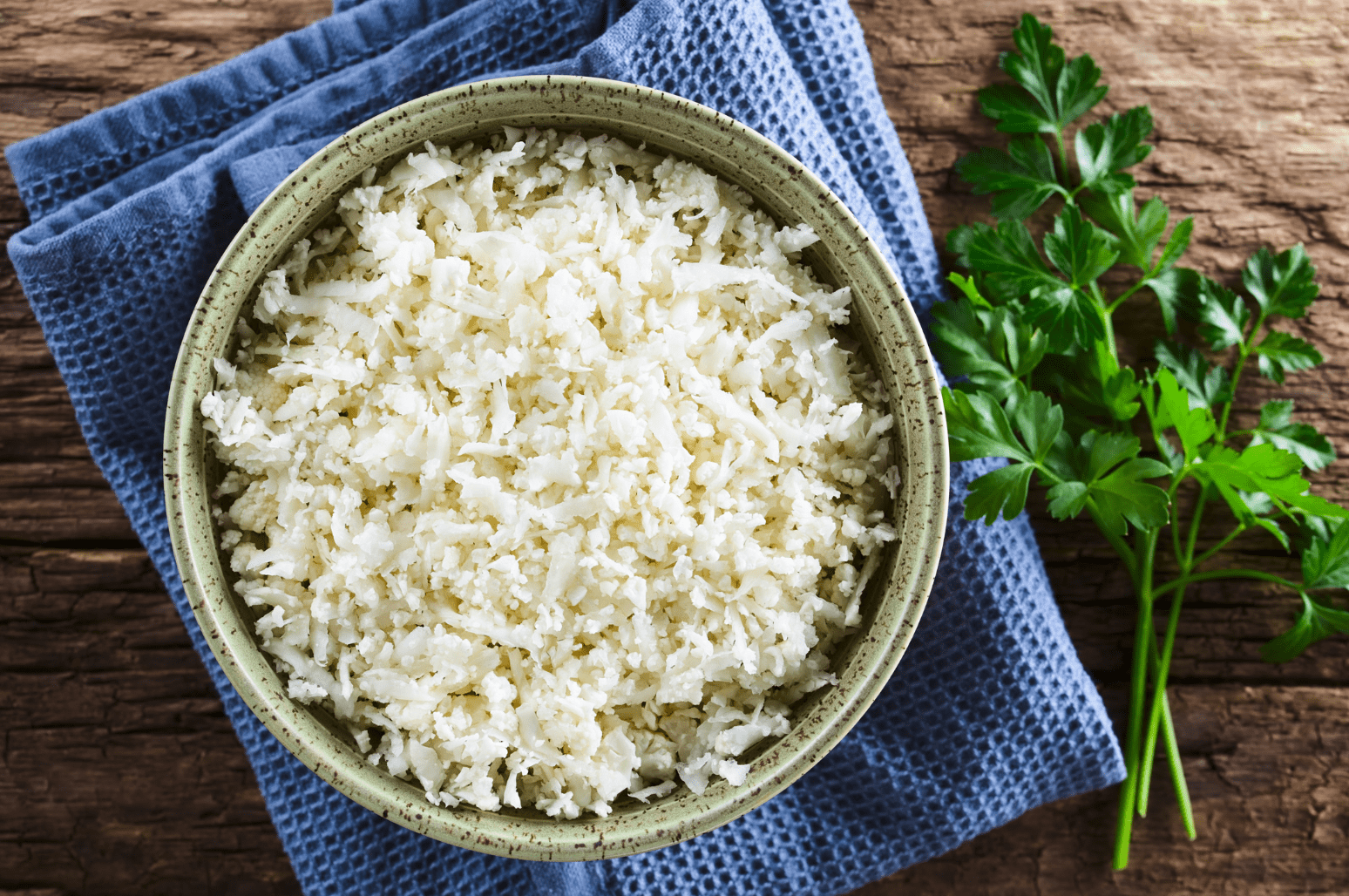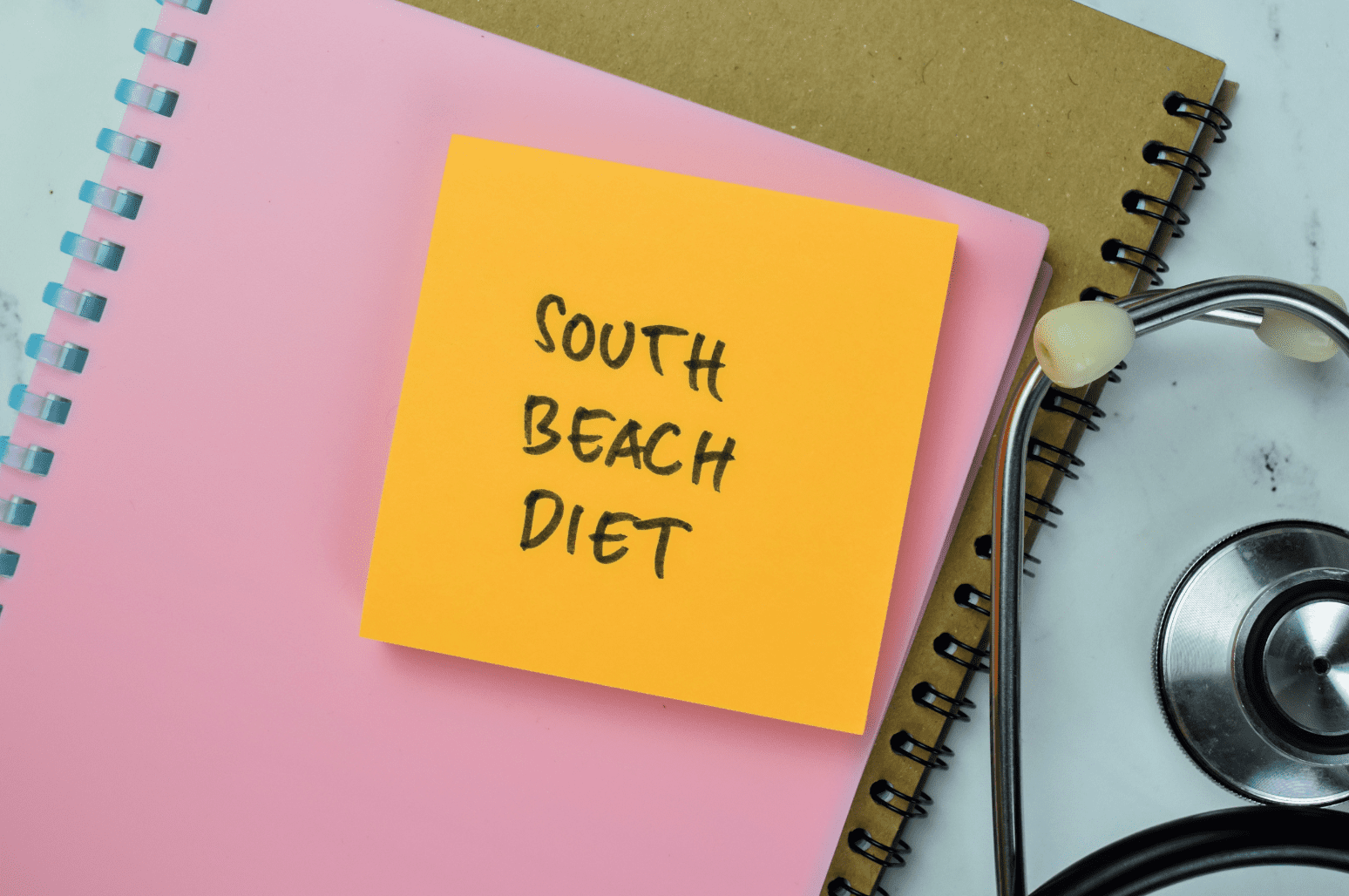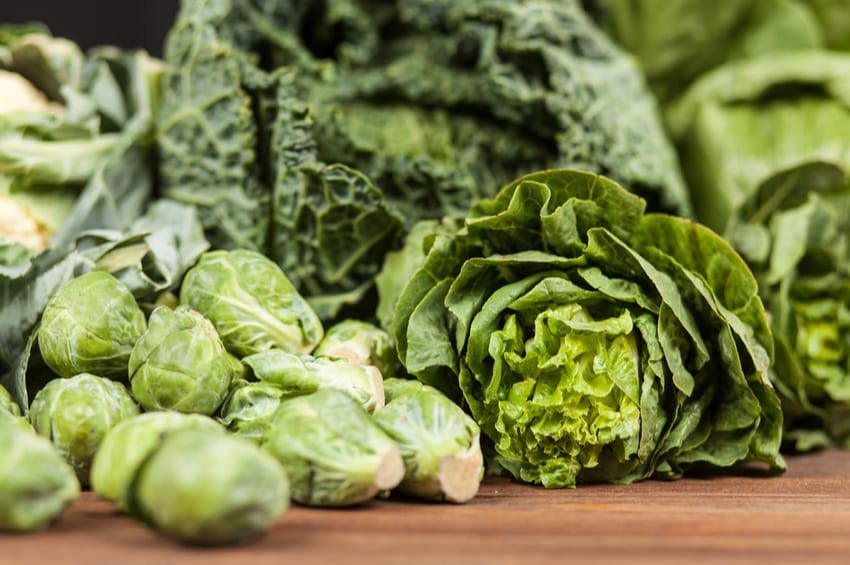
When first starting the keto diet, many people make the mistake of completely cutting out all (or almost all) vegetables. Yes, some vegetables are higher in carbs, but there are plenty of delicious, low-starch veggies you can still enjoy on the ketogenic diet.
Starch in Vegetables
Carbohydrates can be split into three main groups: fiber, sugar, and starch. Starch is a type of carbohydrate that consists of multiple glucose units joined by glycosidic bonds. Potatoes, rice, and traditional whole-grain bread are examples of foods with higher starch content.
Many of the starches consumed today are highly refined and can spike blood sugar levels rapidly. These refined carbs are stripped of most of their nutrients and fiber and they’ve also been linked with numerous health problems, such as type 2 diabetes [1].
When you’re on the ketogenic diet, you’re not consuming much starch or carbohydrates because you want to stay in ketosis. Some people also limit starch due to other health reasons, such as certain autoimmune diseases or digestive issues.
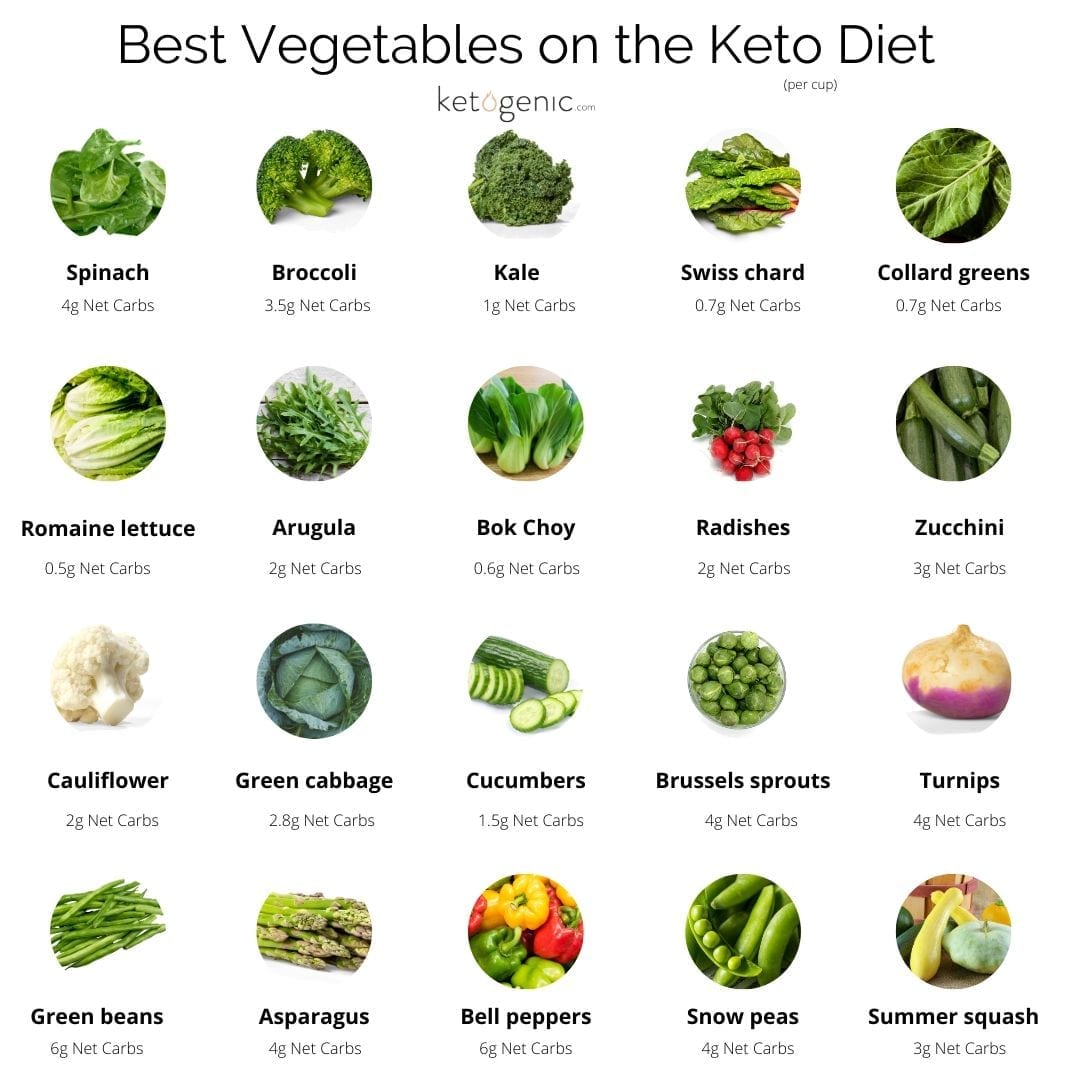
Fortunately, you have plenty of delicious low-starch veggies to choose from. Here are five great choices: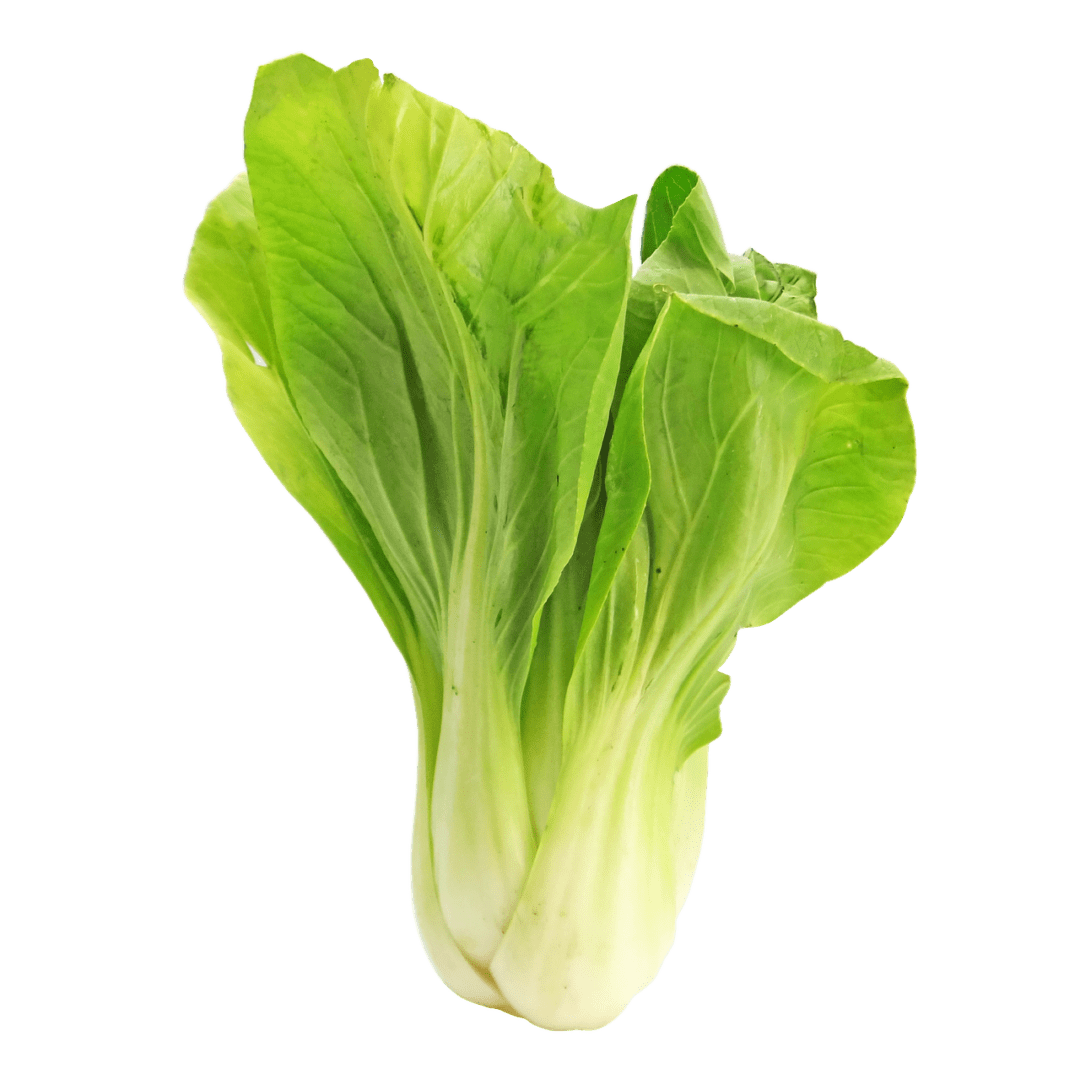
1) Bok Choy
Bok choy is a type of Chinese cabbage that also resembles spinach. This delightful leafy green veggie makes an excellent keto-friendly low-starch choice. Bok choy pairs well with chicken and steak, in Chinese style soups, and more.

2) Cabbage
Cabbage is high in fiber and vitamin C and gives you powerful antioxidants, including sulfur compounds and polyphenols [2].
Raw cabbage makes a crunchy snack or salad topper. It also works well cooked into stews and soups or mixed with a tasty cauli mash! You could also try this Asian chicken with sriracha cabbage slaw!

3) Cauliflower
Cauliflower is a classic keto favorite that can be used in so many different tasty ways! Cauliflower gives you antioxidants that protect your cells from inflammation. Cauliflower also contains phytochemicals that might have cancer-fighting properties [3].
Conjure up some of these satisfying keto cauli recipes:
- Mashed Cauliflower
- Cauliflower Mac and Cheese
- Cauliflower Bread
- Cauliflower Pizza
- Cauliflower Gnocchi
- Cauliflower Hashbrowns

4) Asparagus
Asparagus is a good source of vitamin K — an essential nutrient involved in blood clotting and bone health [4].
Asparagus is also a rich source of folate — a key nutrient that’s vital for a healthy pregnancy and for many processes in the body, including DNA formation and cell growth [5].
If you’re in the mood for asparagus spears, try one of these keto recipes:
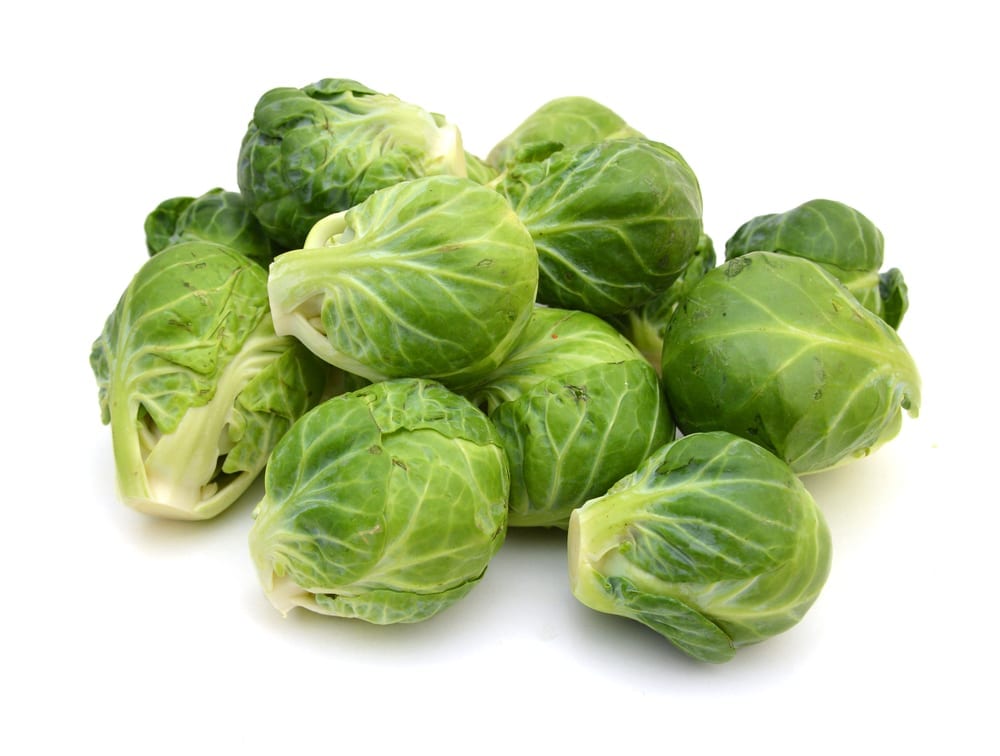
5) Brussels Sprouts
Brussels sprouts also have lots of vitamin C — a powerful antioxidant that promotes tissue repair and immune function [6]. Brussel sprouts pair well with bacon, sausage, eggs, and many other filling foods. Get some Brussels in your diet and try one of these keto recipes:
What are Your Favorite Low Starch Keto Vegetables?
How do you include tasty low starch vegetables into your keto diet.
References
Gross, L. S., Li, L., Ford, E. S., & Liu, S. (2004). Increased carbohydrate consumption of refined carbohydrates and the epidemic of Type 2 diabetes in the United States: An ecologic assessment. American Journal of Clinical Nutrition, 79(5), 774-779.
Rokayya, S., Li, C., Zhao, Y., Li, Y., & Sun, C. (2013). Cabbage (brassica oleracea L. var. capitata) phytochemicals with antioxidant and anti-inflammatory potential. Asian Pacific Journal of Cancer Prevention, 14
Razis, A. F. A., & Noor, N. M. (2013). Cruciferous vegetables: dietary phytochemicals for cancer prevention. Asian Pacific Journal of Cancer Prevention, 14(3), 1565-1570.
DiNicolantonio, J. J., Bhutani, J., & O’Keefe, J. H. (2015). The health benefits of vitamin K. Open Heart, 2(1),
Greenberg, J. A., Bell, S. J., Guan, Y., & Yu, Y. (2011). Folic acid supplementation and pregnancy: More than just neural tube defect prevention.Reviews of Obstetrics & Gynecology, 4(2), 52-59.
Chambial, S., Dwivedi, S., Shukla, K. K., John, P. L., & Sharma, P. (2013). Vitamin C in disease prevention and cure: An overview.Indian Journal of Clinical Biochemistry, 28(4), 314-328.



